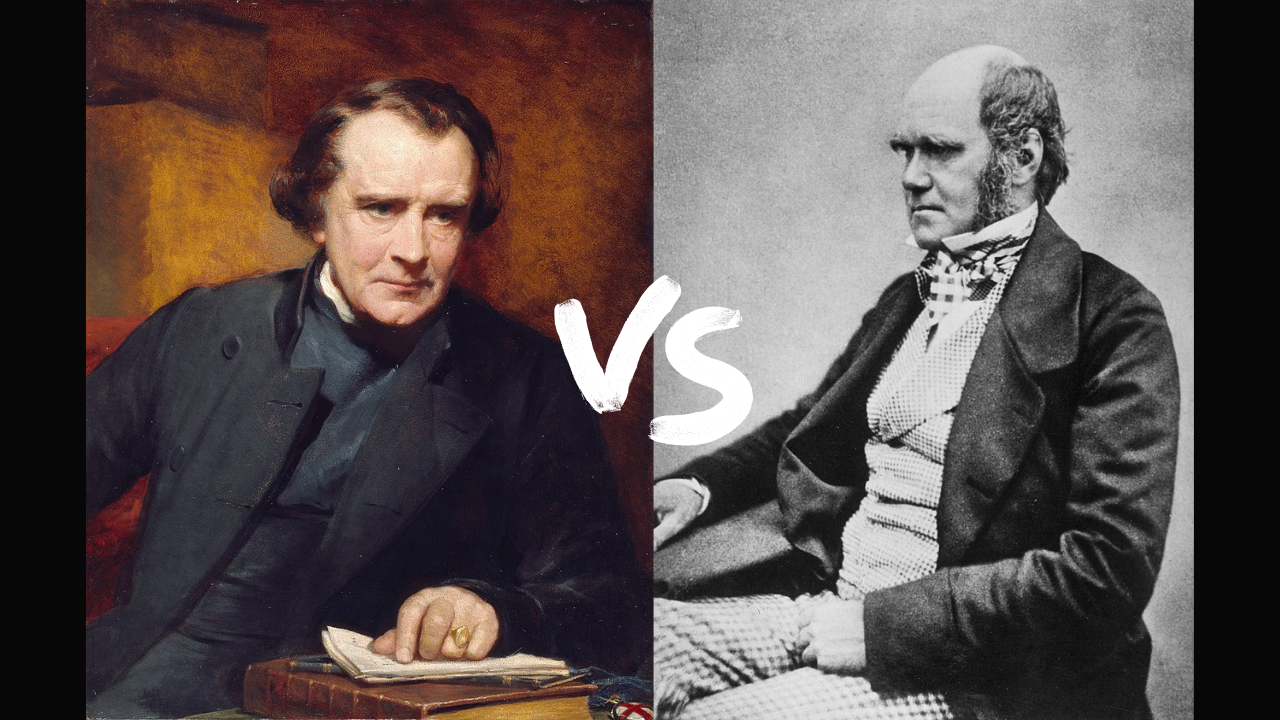

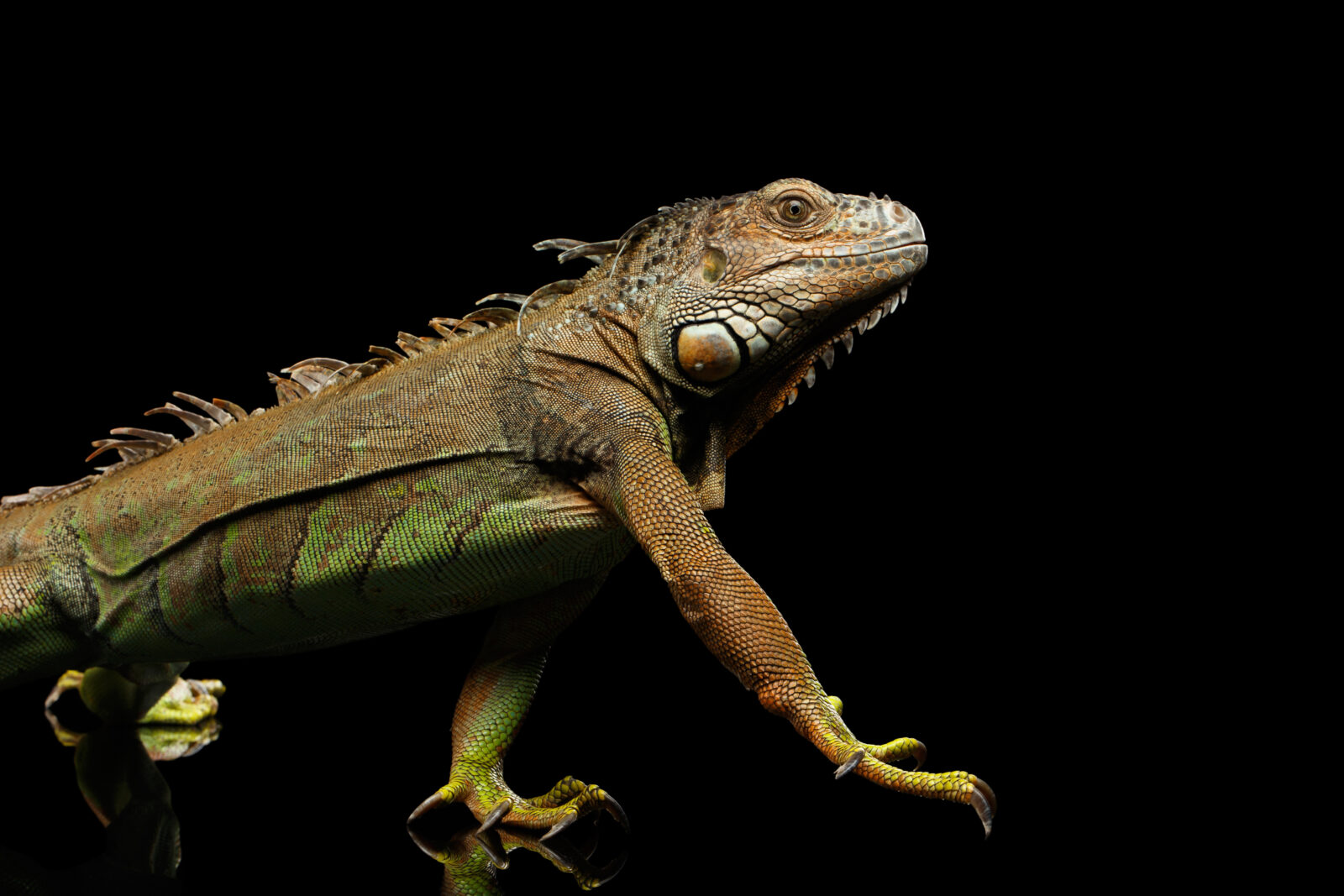
Can Darwinian Evolution Be Rescued From Dogma?
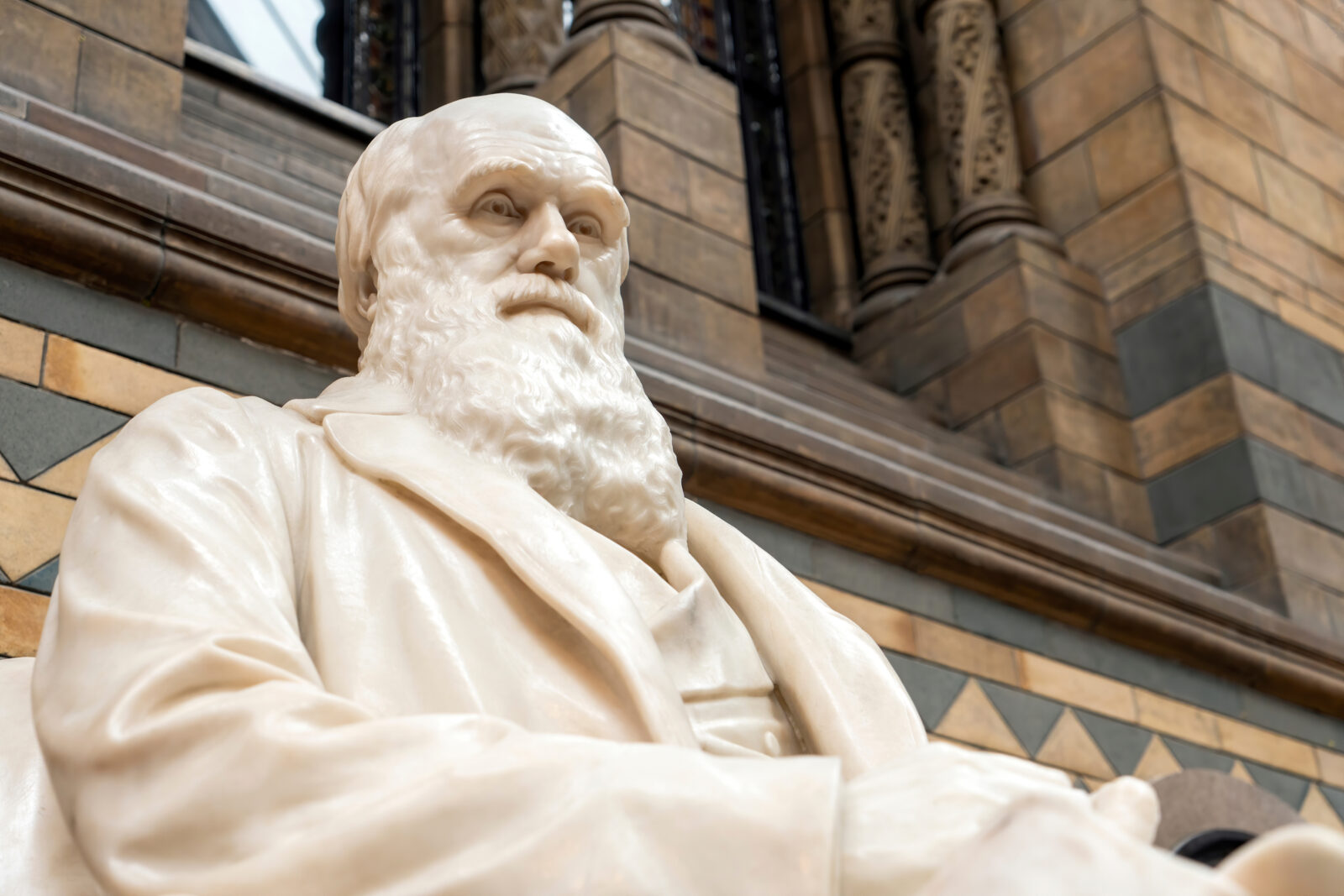
Giving Up Darwin’s Brilliant and Beautiful Theory

Is Adaptation Actually a Fight to Stay the Same?
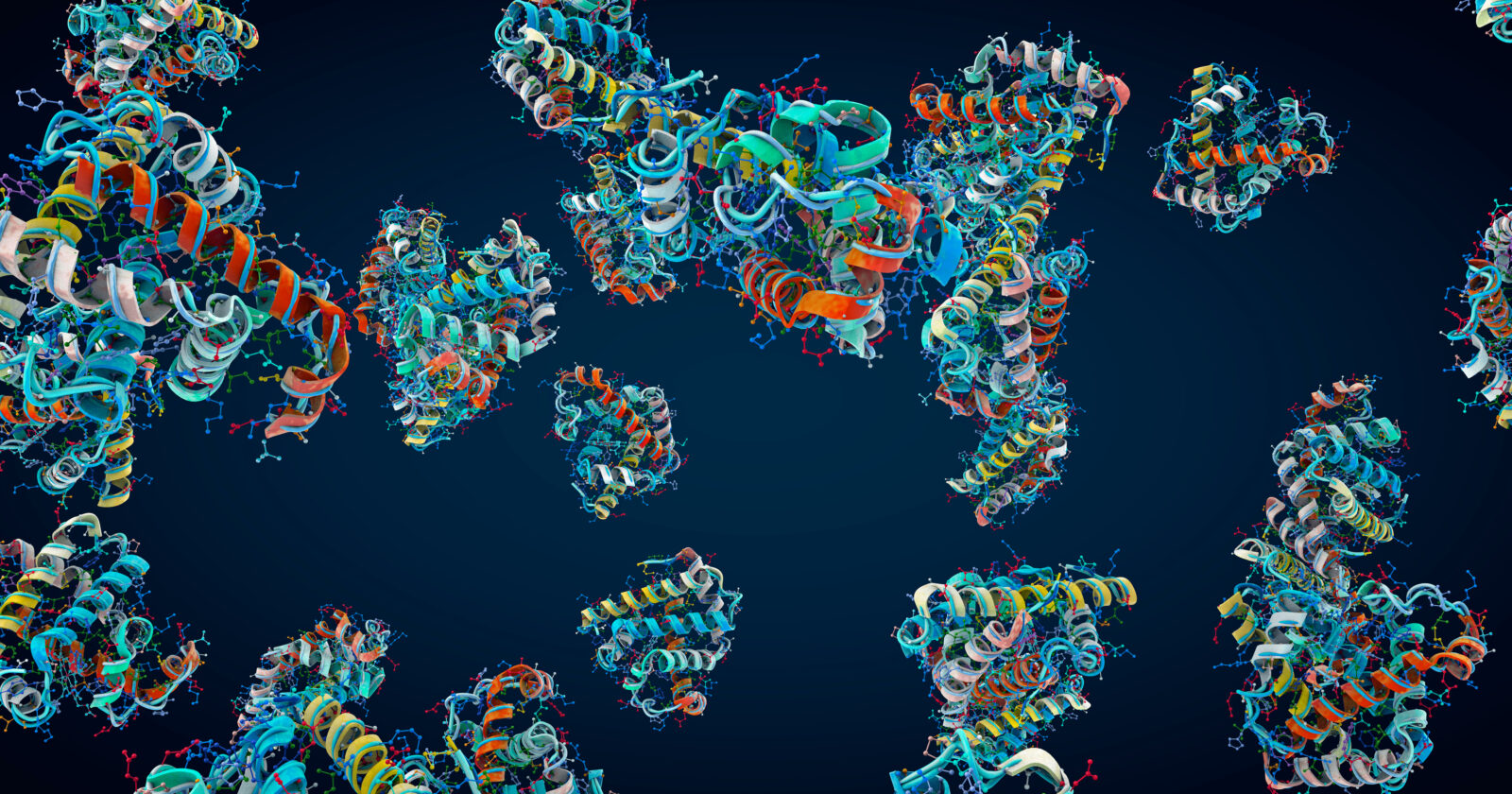
Protein Evolution, The Waiting Times Problem, and the Intriguing Possibility of Two First Parents

A Mousetrap for Darwin, and Another for Richard Lenski
Today’s ID the Future extends the discussion of A Mousetrap for Darwin: Michael Behe Answers His Critics, the newest book from Discovery Institute Press. Here the focus is on Parts 4 and 7 of the new book, and in particular Richard Lenski’s Long Term Evolution Experiment at Michigan State. What has this long-running project demonstrated? As Behe explains in the book (and elaborates on in today’s podcast), “The study has addressed some narrow points of peculiar interest to evolutionary population geneticists, but for proponents of intelligent design the bottom line is that the great majority of even beneficial mutations have turned out to be due to the breaking, degrading, or minor tweaking of pre-existing genes or regulatory regions. There have Read More ›
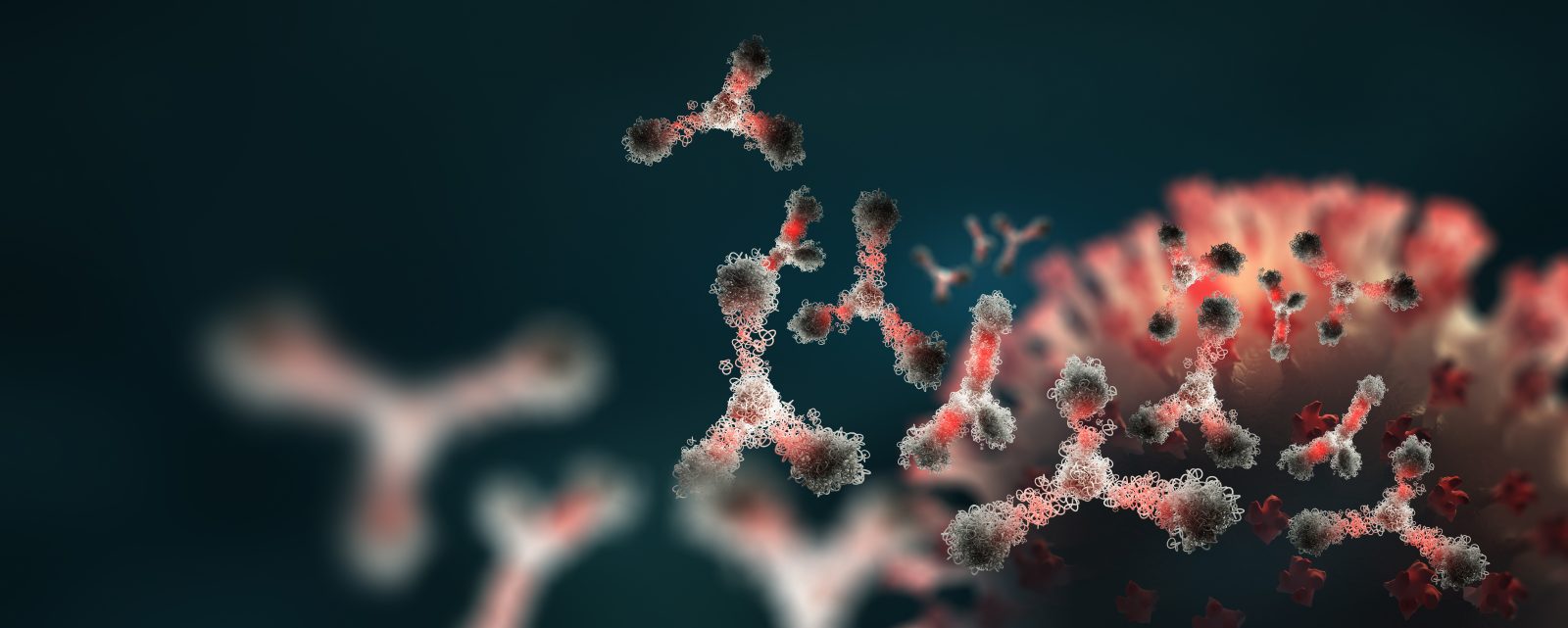
Covid-19, Random Mutations, and Aristotle’s Matrix of Design
On this episode of ID the Future, Andrew McDiarmid speaks with neurosurgeon Michael Egnor about Egnor’s recent Evolution News article, The Coronavirus Demonstrates How Evolution Presupposes Intelligent Design. Egnor notes that the coronavirus and other viruses are not, strictly speaking, considered living things, even if they depend on living hosts for their continued existence. Egnor also discusses the role of random mutations in viruses and draws upon Aristotle to argue that these and other random events only occur, and have their meaning, against a backdrop of purpose and design — in this case, the designed systems — the bodies — that viruses invade.

Meyer, Berlinski and Yale’s David Gelernter Challenge Darwinism, Pt. 2
This episode of ID the Future features Part 2 of Peter Robinson’s conversation with Yale computer scientist David Gelernter and Discovery Institute senior fellows Stephen Meyer and David Berlinski.
Read More ›
A Billion Genes and Not One Beneficial Mutation
Evolutionists often speak in generalities about beneficial mutations. Such mutations may be rare, we’re assured, but they happen, and when they do, natural selection is there to capture, preserve and pass them along. All right, we now have some data to consider. We can put a number to the frequency of beneficial mutations in a very large sample. The number is …
Read More ›